Our research group has recently grown to a milestone of 10 members, however this number does not give the full picture of NERDS. There are several short-term members and visitors that make our group and its activities more lively, and whose hard work allow our research to fully prosper. Further, now that Corona is kind-of-resolved in Denmark, we want to increase liveliness even more by re-booting our hospitality towards research visitors: If you are interested in visiting us in Copenhagen, for scientific exchange and/or a seminar/talk, please reach out to us.
To shine more light onto our “unsung heros”, here an overview of our past and current NERDS-embedded colleagues, helpers, and friends, apart from the yearly one to two dozen Bachelor and Master students who we supervise:
Victor Møller Poulsen, Intern (2021-08 to 2022-01)
Marilena Hohmann, Intern (2021-08 to 2022-01)
Lasse Buschmann Alsbrik, Research assistant (2021-08 to 2021-10)
Morten Lynghede, Student programmer (2021-06)
Cecilia Laura Kolding Andersen, Student programmer (2021-06)
We have updated our people page accordingly.

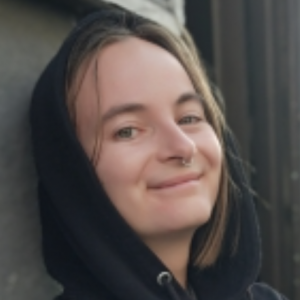
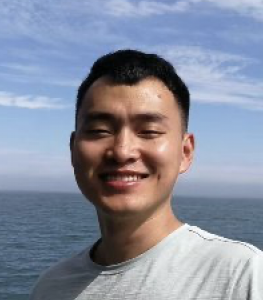
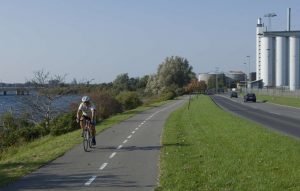
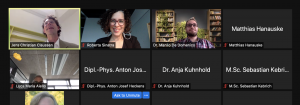
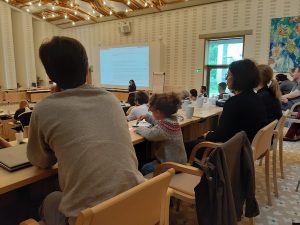
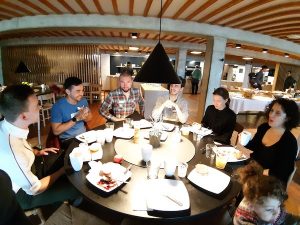
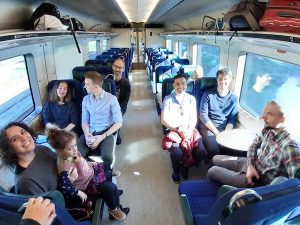
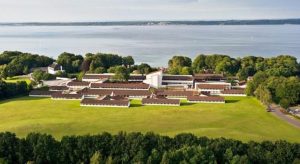

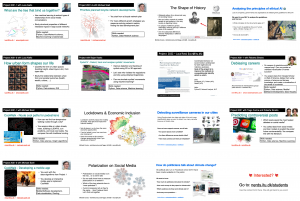
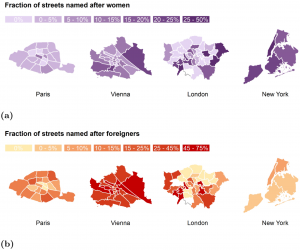
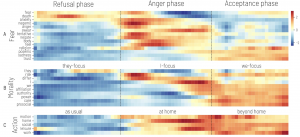
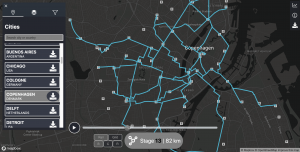

 Door gegevens van mobiele telefoons weten we nu: stedelingen reizen niet vaak naar andere stadsdelen
Door gegevens van mobiele telefoons weten we nu: stedelingen reizen niet vaak naar andere stadsdelen
